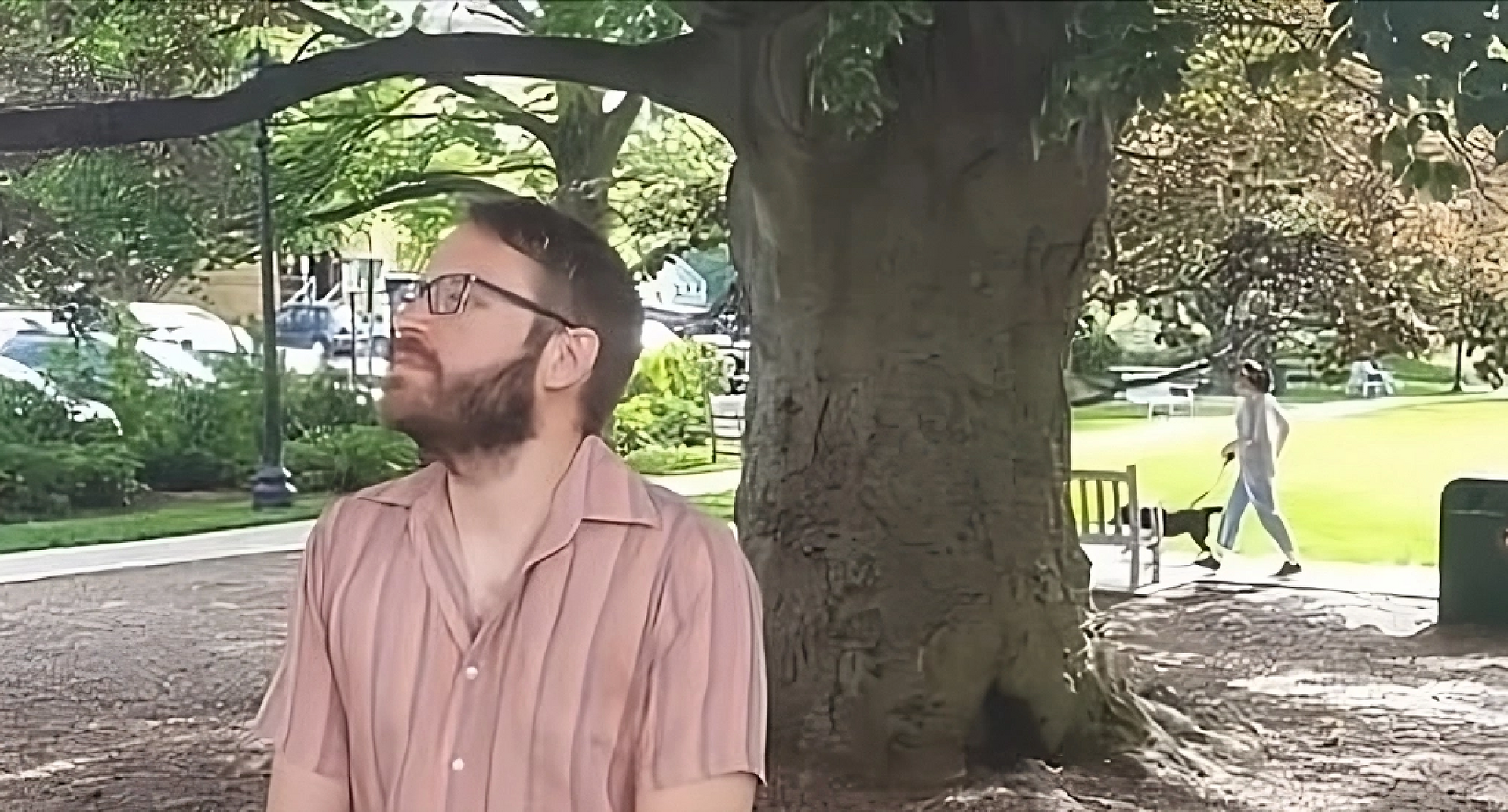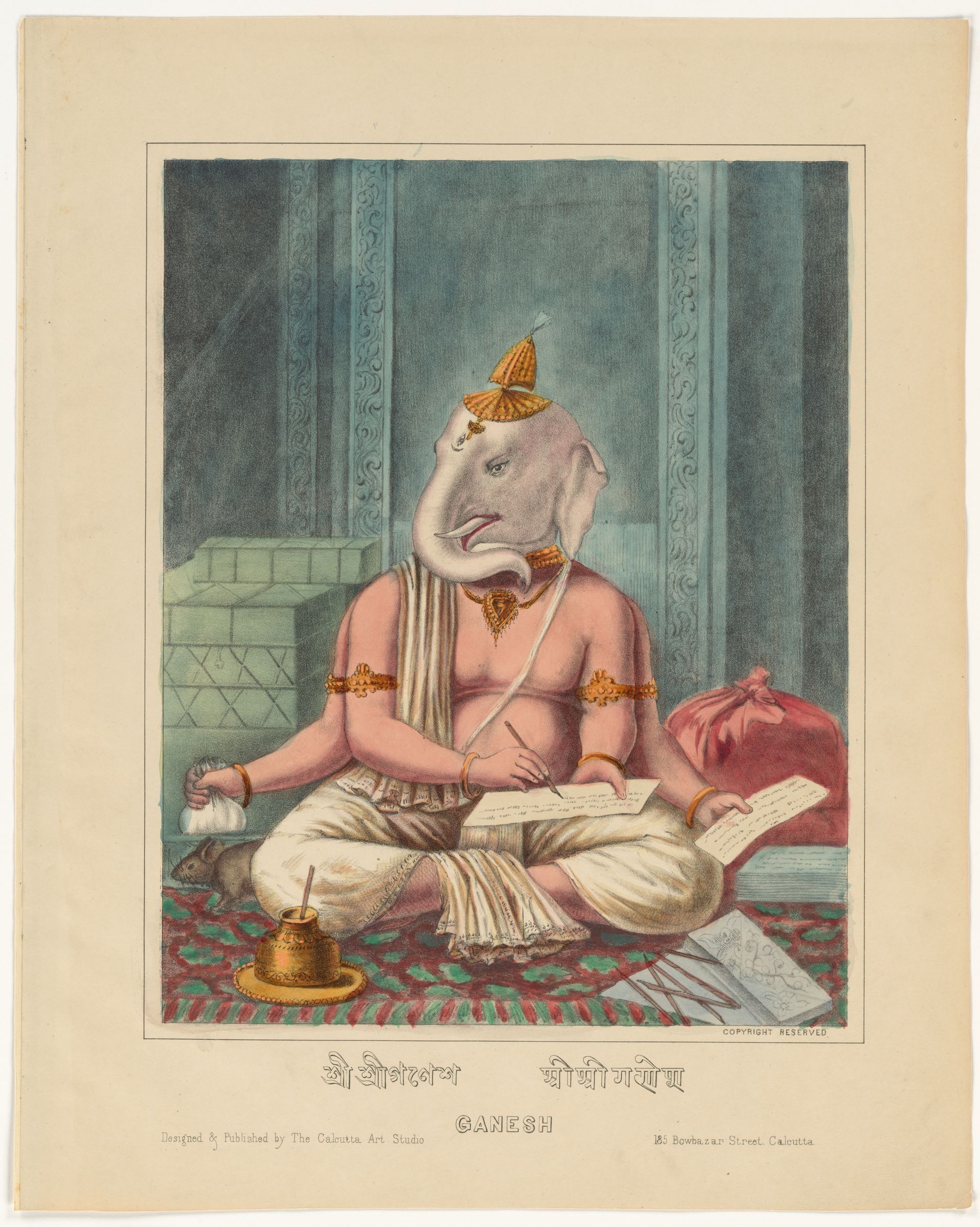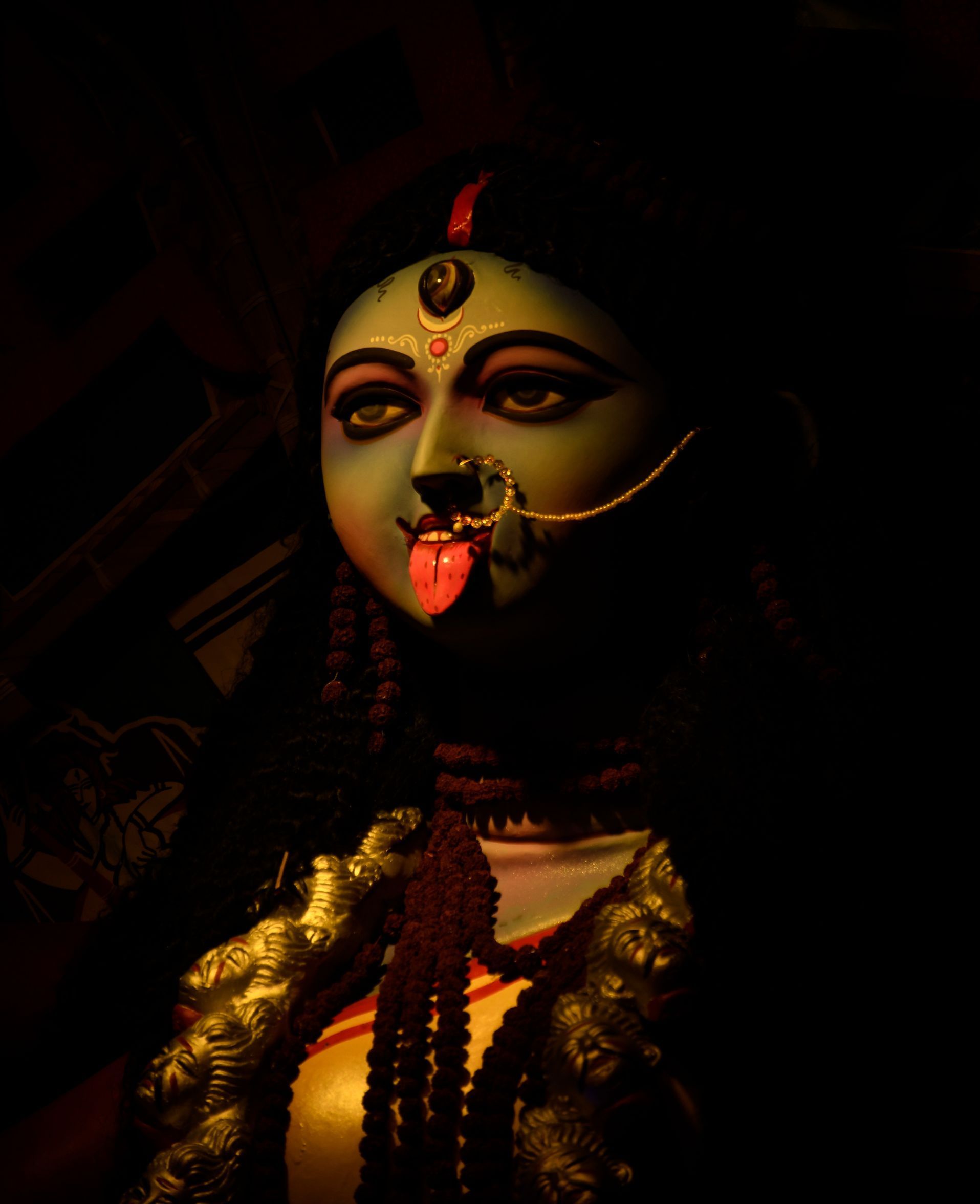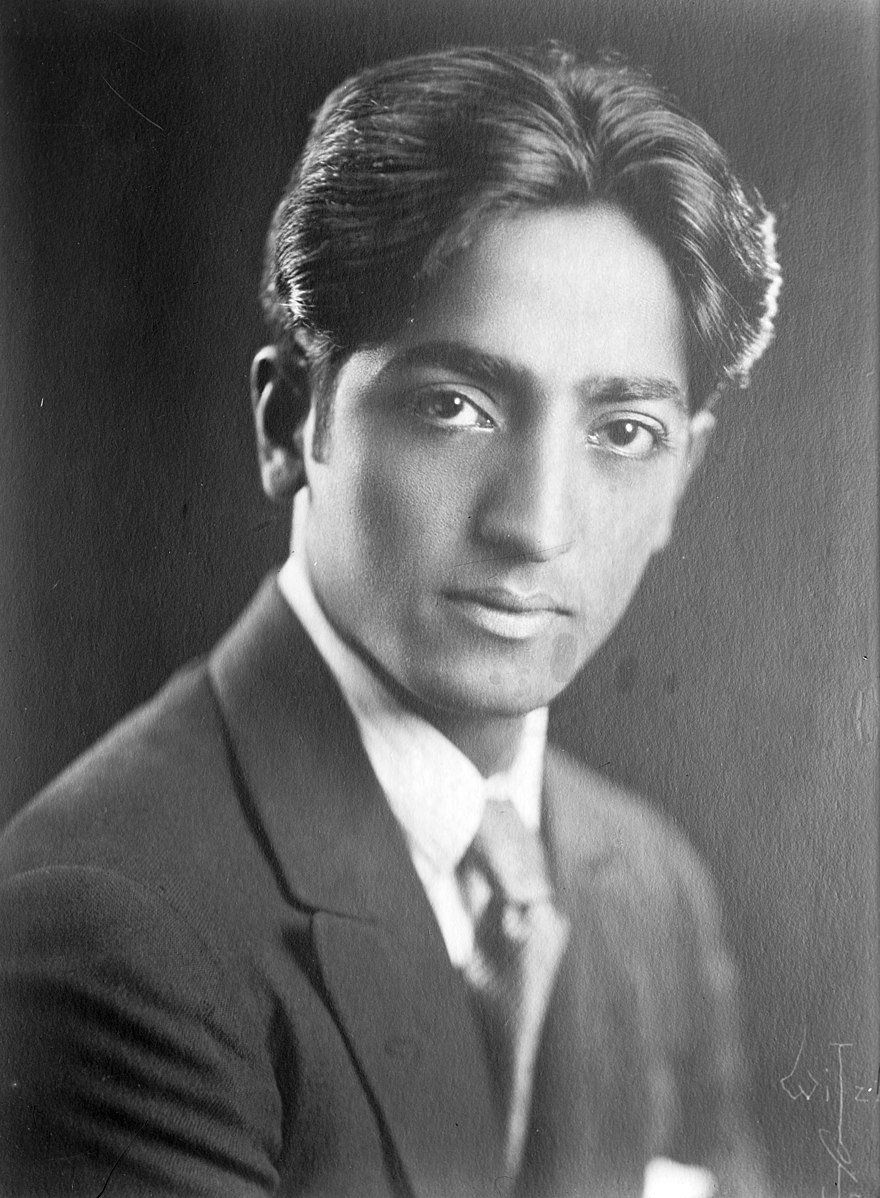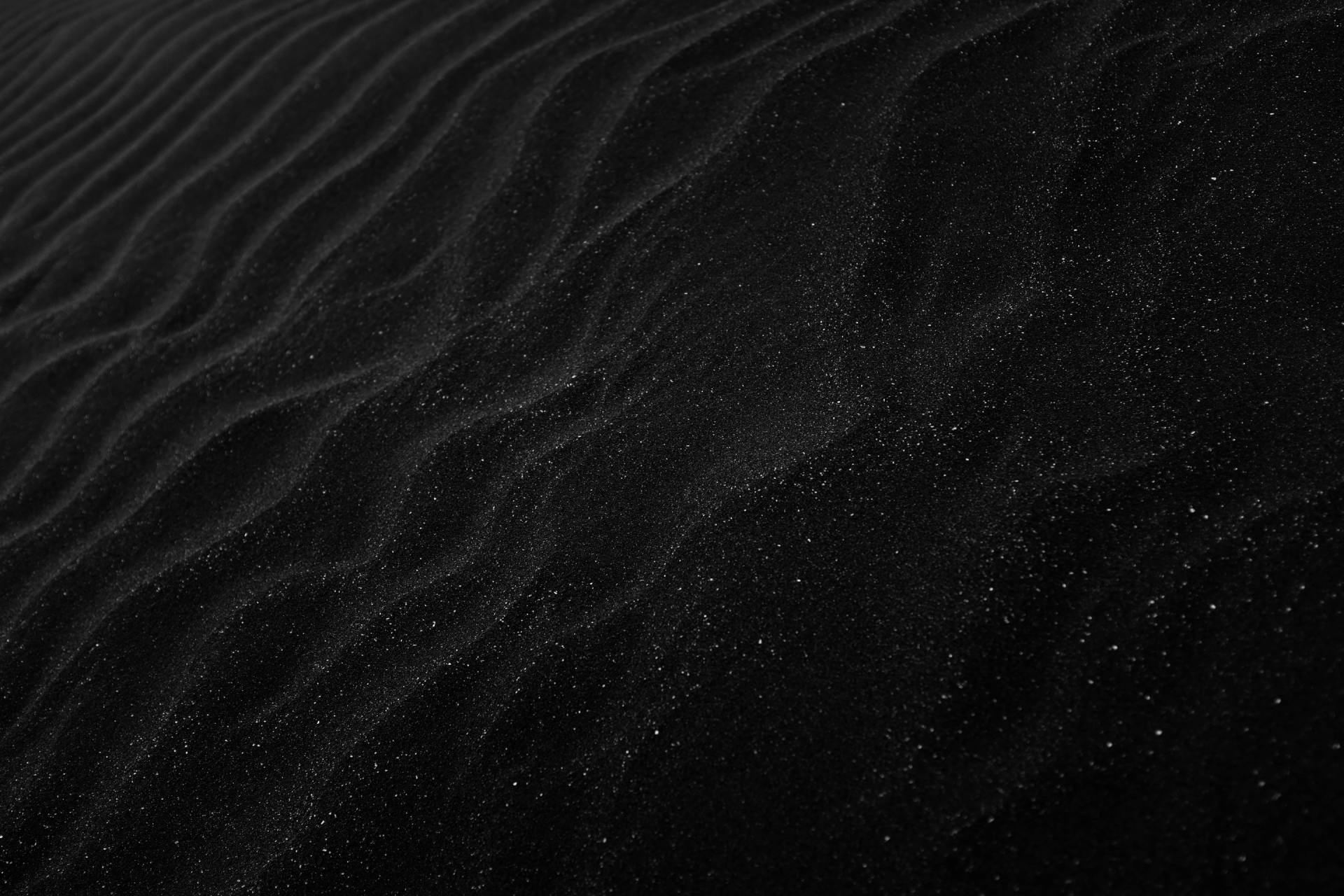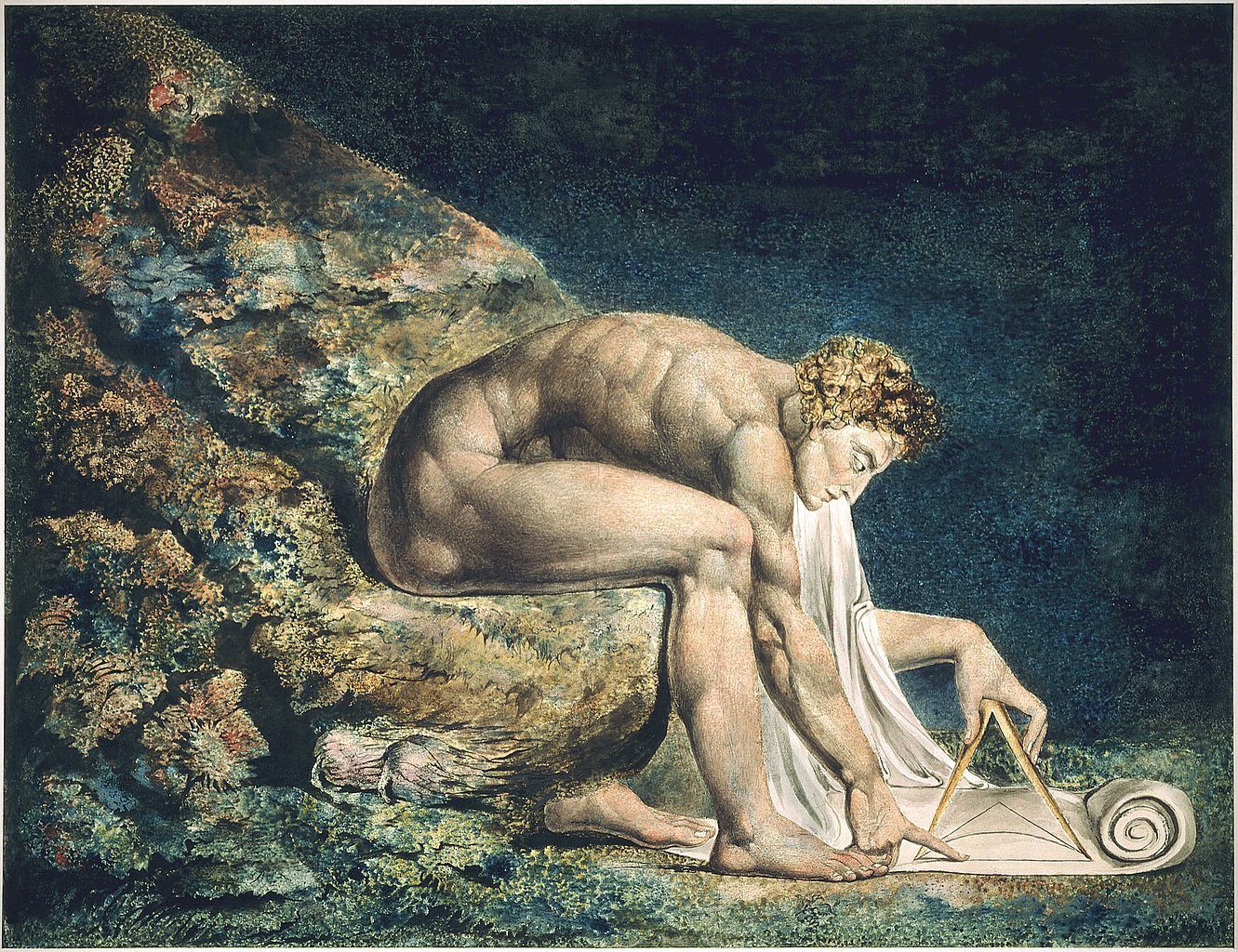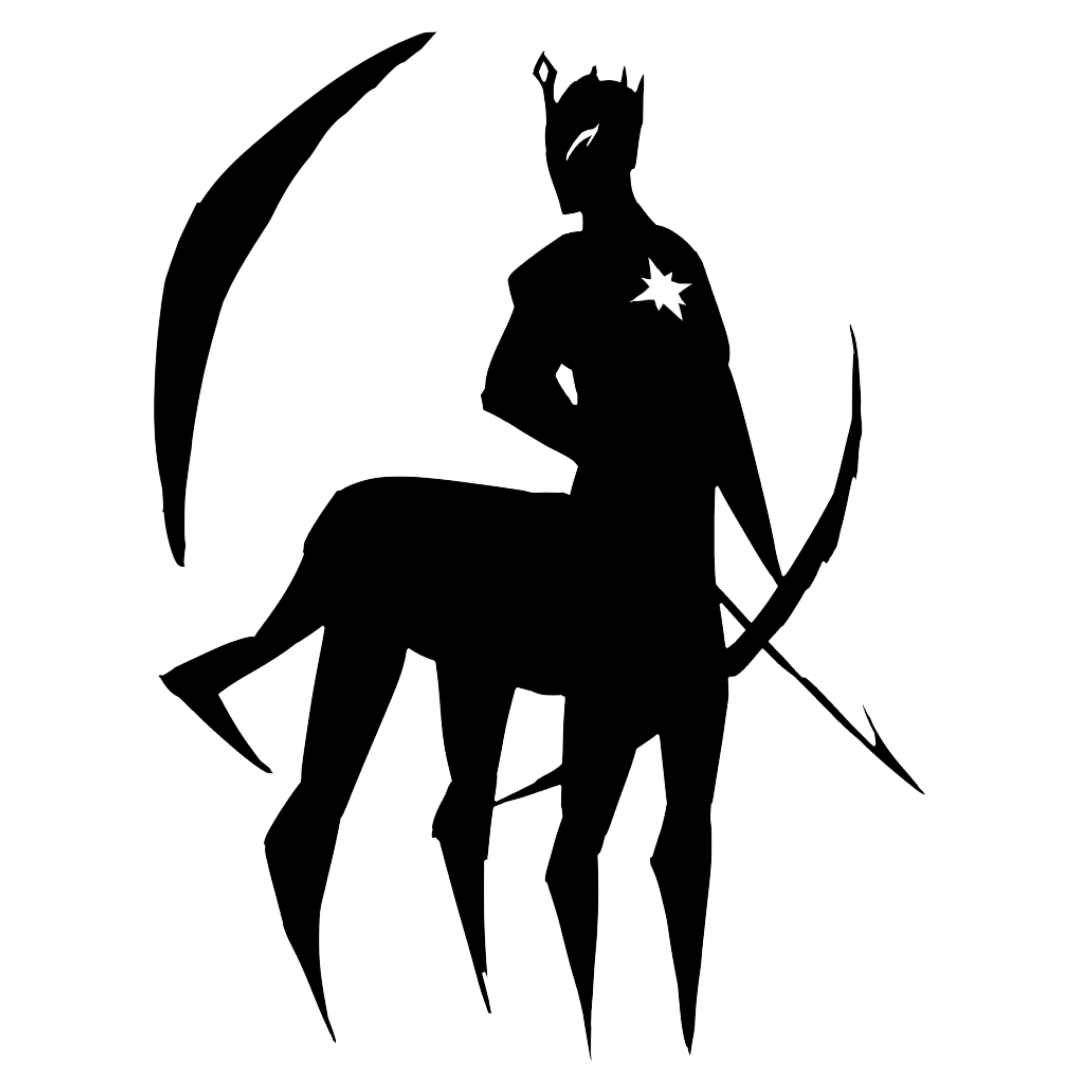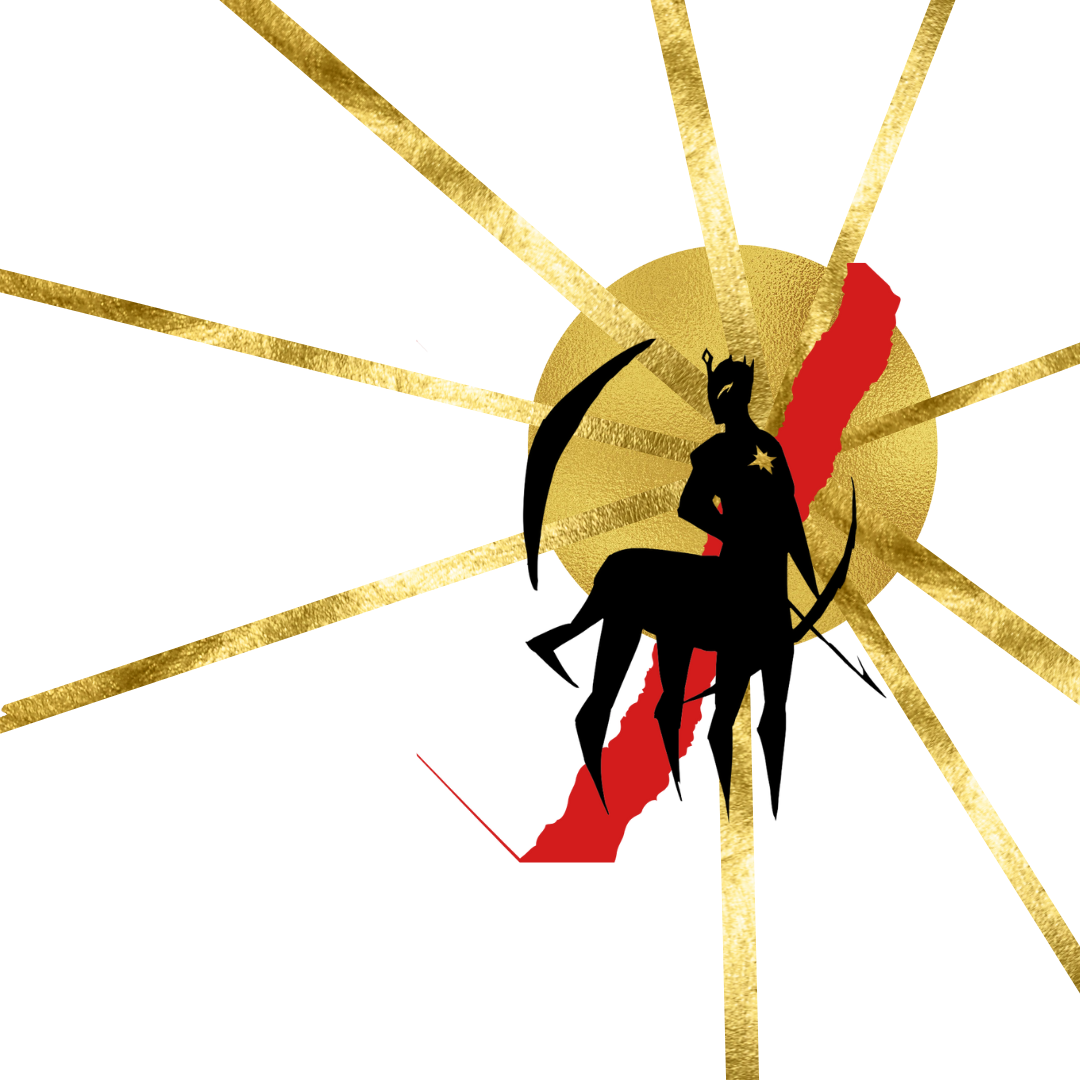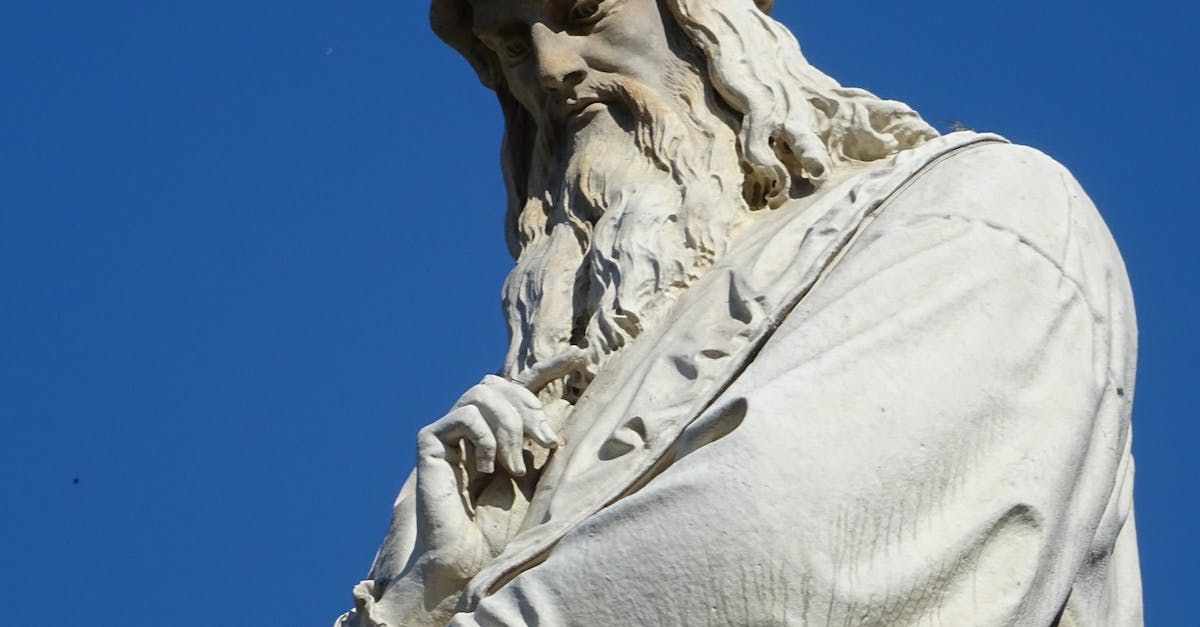A Conversation Divine
DAVID CAPPS
In the midst of 30 podcast episodes and the hum of my own thoughts, I rediscovered the joy of engaging in lofty conversation. Joining philosopher David Capps in dialogue renewed my editor’s faith in discovering rare pearls amidst the chatter.
Our discussion ranged from the unexpected creative value of doodling to the perennial questions of genius, distinguishing the human from the artist, and the importance of tradition in thinking and writing. Along the way, we confronted the writer's solipsism and tribalism, and asserted the value of intellectual merit over doxa, opinion. Throughout this non-silent event, the essence of
Silence Divine, a must read, reverberated.
Beyond these digital confines, may the conversation continue in your mind, dear reader. If not, I invite you to join us in the comment section of the YouTube interview, where the dialogue can linger for a while, and commune contemplation, foster silence.
David Capps, thank you and welcome.
M.M.
Silence Divine: The Poetic Elegance of Introspective and Thought-Provoking Prose
As Schopenhauer points out, noise not only interrupts but disperses our thoughts, unfocuses the faceted lattice of our concentration, scatters the strength of an army of micropenises (Just as I type this a loud motorcycle asserts itself.)
––DAVID CAPPS
Murielle Mobengo: David, it is such a pleasure to finally meet the author of Silence Divine! Your ability to evoke presence in your writing is truly remarkable. What we loved about "Silence Divine," is the sense of deep connection with the author. Your voice is so unique, so expressive that it is almost audible during the reading and it dominates the reader's perception. It's a rare feat to achieve such immersive prose. "Silence Divine" is simply touching. On the intellectual, emotional, and existential levels. And humorous, at times. How did you conceive such a gripping narrative, especially with a topic like silence, a problem for contemplatives living in hyper-urban settings like us?
David Capps: Thank you, Murielle. The genesis of that piece stemmed from my frustration with noise pollution, a sentiment I'm sure many city dwellers can relate to. I drew inspiration from philosophical insights, such as Schopenhauer's thoughts on noise, and pondered what Kant might say about our right to silence. But beyond the philosophical musings, there was also a personal motivation, a yearning for silence as a state of being amidst the cacophony of urban life.
Silence is the inner peace that resonates at the core of existence. I wanted to express that state but also enact it through the very structure of the essay. I created spaces between ideas as moments of meditative calm, inviting readers into the silence between words. It's a form of communion between the reader's consciousness and the text, a shared experience of tranquility and introspection.
Beautiful. You are a musician, too. How does your music practice harmonize with your philosophical meditations?
David Capps: I've always found inspiration in the parallels between music and writing. Playing the violin has become a meditative practice for me, a way to unwind and escape the confines of my thoughts, but also a way to connect with people when I play in nature. I often find myself drawing connections between musical compositions and the structure of my writing, considering the rhythm, melody, and form in both mediums.
Philosophy, like music, requires dedication, practice, and a deep understanding of form and structure. I encourage my students to consider philosophical concepts or the particular piece they are working on as a soundscape. What if it were a melody, how would it look like? I've found that establishing correspondances between different environments helps bridge the gap between theory and practice in philosophy. Not to mention its effects on creativity.
THERE'S MORE ON YOUTUBE: WATCH & COMMENT!
OR SPOTIFY
Doodling, Art, Genius, and the Legacy of Tradition
You mentioned your affinity for trees and how you find yourself doodling them quite often. Why and what's the thing with doodles? (laughs)
It's become somewhat of a habit for me, really. I find myself creating these doodles in my journals, during my time in grad school, and even now, occasionally during student presentations. I know it may seem like I'm not paying attention when I'm doodling, but in reality, it helps me focus on the core arguments being presented rather than just skimming the surface, almost as if doodling creates a separate mental space for me to engage deeper with the material.
Besides, there is something about the act of drawing lines that intrigues me. Despite not having a background in art, I find myself drawn to it. Even in my attempts to sketch landscapes, there's a certain appeal to the lines. It's hard to explain, but it's as if each line holds its own topology or the potential to shape a new perspective.
I understand what you mean. I picked up drawing later in life too. At first, it was more of an intuitive obsession for me. But as I continued, I realized that I could reproduce shapes that held meaning. I'm not entirely convinced that all artists possess an inherent connection to the dimensions you mentioned.
Great artists such as Picasso and Salvador Dali achieved mastery in classical composition and drawing before they broke artistic norms. They transcended traditional forms, demonstrating genius. As an editor, particularly in poetry, I face the challenge of dispelling the misconception that genius arises effortlessly. The media often portrays abstract creators as geniuses without recognizing the effort and foundational knowledge behind their work.
I can't help but think about the role of observation in learning, particularly in unconventional contexts. It's fascinating to consider how unconscious learning processes shape individuals' abilities. Take, for instance, the story of chess grandmasters like Raul Capablanca, who, from a very young age, just observed his father's games. This kind of pattern recognition and intuition probably resulted in his chess mastery, which we now mistaken for innate genius, overshadowing the years of observation, dedicated learning and practice.
The myth of genius is unrealistic, especially among young students who believe that pouring their emotions into their work automatically makes it exceptional. I recall a humorous incident during my time in an MFA program, where a student was crafting a thesis on love poetry without any awareness of the literary tradition. When I asked her if she had drawn inspiration from poets like Sappho, she seemed completely unaware of Sappho's legacy in love poetry. It was a surreal moment. I asked her to drop everything she was doing and go read Sappho!
Philosophical Inquiry vs Writer's Solipsism
As philosophers, we're trained to evaluate arguments based on their merit, independent of the speaker's character.
––DAVID CAPPS
Not building upon existing knowledge when you are a writer is surreal, indeed. For instance, in my publishing endeavors, I've noticed that many poets (and artists) seem solely focused on their own work and show little to no interest in the works of their peers. It's almost as if they operate within their own bubble of creation. I wonder if it stems from a sort of writer's narcissism.
I agree, there's definitely an element of narcissism at play, but also a dose of tribalism within literary circles. In other words, they're influenced by their environment. For instance, in MFA programs, there's often a prescribed list of influential writers that students are encouraged to study. This creates a kind of literary echo chamber where individuals can become fixated on a narrow range of contemporary or thematic influences, rather than embracing a wider spectrum of literary voices and traditions.
I believe it's crucial, especially for young writers, to broaden their literary horizons by reading widely, including classics. There's so much to learn from the works that have stood the test of time. I make a point of revisiting classics regularly.
How did you become a philosopher, and when did the blending with poetry occur?
It's a bit of a long story. My interest in philosophy was sparked at a young age, thanks to my father's extensive collection of books. Despite my troubled times in middle school, I found solace in the library where I stumbled upon Aristotle. His approach to understanding the essence of things intrigued me and set me on the path to studying philosophy in college and eventually pursuing it in grad school at the University of Connecticut.
The blending of poetry with my philosophical pursuits has been a gradual process, one that perhaps began long before I even realized it. I've always been a dedicated journaler, starting from my early teens. During my time in grad school, I often found myself pondering over parables, stories, and sometimes poetry in those journals. While these writings weren't intended for publication, they laid the groundwork for integrating aspects of poetry and philosophy in my work.
If I had to choose a year, though, I'd say 2020 was pivotal. During the lockdown, I came across examples of lyric essays, like Anne Carson's work, which struck a chord in me. I also stumbled across the writings of Alfonso Linguis, a philosopher whose discursive style sparked my interest. It was during this time of hiking, quarantine, and reflection, that I penned an essay about mountains, marking the beginning of a style I've been refining ever since.
Distinguishing the Human from the Artist: The Enduring Debate
As both a philosopher and a creative practitioner, how do you address ethical concerns surrounding the personal lives of influential figures in philosophy and art?
I believe in separating the individual from their intellectual contributions. As philosophers, we're trained to evaluate arguments based on their merit independently, regardless of the speaker's character. This doesn't negate the importance of ethical scrutiny but emphasizes the need for critical engagement with ideas rather than ad hominem judgments. It's essential to develop a nuanced understanding and encourage intellectual discourse.
David Capps, thank you for this enlightening conversation.
A Philosopher's Reading List
[ ]
Stay up there
- Ô Sound Divine, from Kerala to Kinshasa, our 6th issue (2024) [soon]
Revue {R}évolution
